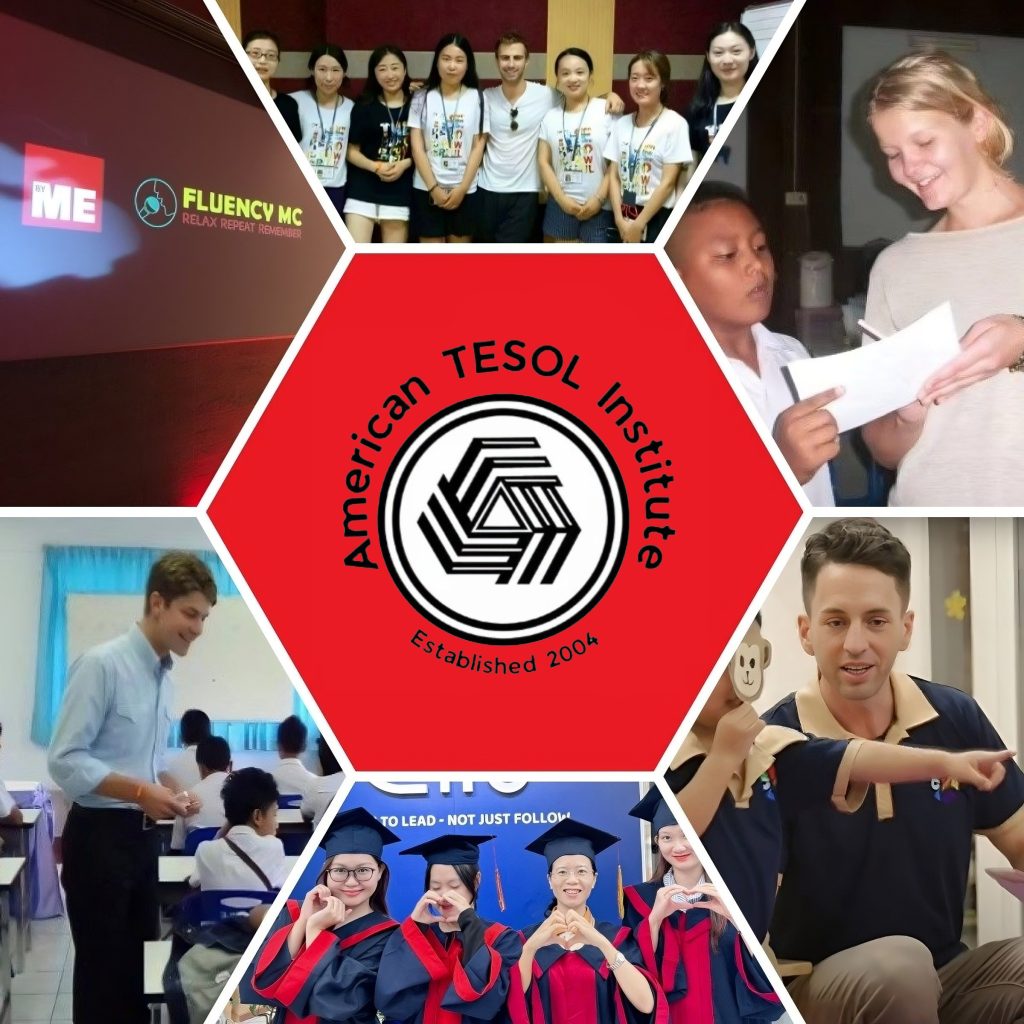Join American TESOL Institute for a live webinar that brings Project-Based Learning (PBL) front and center. This session is part of the TESOL for Children Certification program, and it’s open to all educators ready to energize their teaching with real-world relevance.
Presenter: Jason R. Levine (Fluency MC)
Course: TESOL for Children Certification (Open to All Educators)
Get Ready to Redefine How You Teach English
Your classroom is a launchpad for creativity, connection, and confidence. Fluency isn’t built through drills—it’s built through purpose-driven projects that give students real reasons to use language. Project-Based Learning transforms passive learning into active exploration, where every task is an opportunity for meaningful communication.
Explore 7 Breakthroughs in Modern Project-Based Learning
1. Neuroeducation Meets PBL
New studies reveal that when students are emotionally engaged in real-world tasks, their brain kicks into high-retention mode. PBL taps directly into those pathways.
2. Global Collaboration Without Borders
Real-time translation tools make international teamwork possible. From climate change data to cultural exchange videos, students are co-creating across time zones.
3. AI Joins the Team
Students are now using AI to brainstorm, simulate, and generate creative content—learning how to collaborate with intelligent systems while strengthening their English skills.
4. AR-Enhanced Maker Projects
Augmented Reality is bringing prototyping and interactive exploration into everyday classrooms. Tools like Merge EDU and CoSpaces Edu are changing the game.
5. Continuous Feedback Loops
With journals, vlogs, and peer reviews baked into the process, students are no longer just presenting—they’re evolving. It’s about iteration, not just completion.
6. Interdisciplinary “Big Ideas”
PBL is blending subjects like science, art, literature, and social justice—allowing students to explore the world as it is: complex, interconnected, and worth understanding.
7. Blockchain-Backed Portfolios
Emerging tech is now allowing learners to own and share their work securely through blockchain. It’s not science fiction—it’s the future of academic credibility.
What You’ll Learn
During this interactive session, Jason R. Levine will share:
- How to build meaningful PBL units that truly support language learning
- Ways to use rhythm, rhyme, and storytelling to drive fluency
- Tips for managing tech, teamwork, and timelines in project-based environments
- Real-world case studies showing how PBL boosts engagement and confidence
Whether you’re teaching in-person or online, this session will help you unlock new levels of engagement and bring a fresh approach to your English language classroom.
PBL Isn’t New—But It’s Never Been More Powerful
Project-Based Learning has deep roots. Its foundations go back to the early 20th century with American philosopher and educator John Dewey, who championed learning by doing. Later, educators like William Heard Kilpatrick expanded the concept with the “project method,” emphasizing student-centered, experiential learning.
For decades, PBL has given ESL students a voice and a reason to use it. The classics still work:
- Producing classroom newspapers
- Researching local landmarks
- Launching mock businesses
- Designing posters, plays, and multimedia stories
These projects build more than vocabulary—they develop critical thinking, collaboration, and communication. They immerse learners in English through tasks that matter. But now, PBL has evolved—fueled by new research and breakthrough tools.
Empower your students with real-world language skills—give them something meaningful to say, a reason to say it, and the confidence to say it well. Join us for this live webinar and experience how project-based learning transforms language into purposeful action. Then, take the next step in your teaching journey by enrolling in American TESOL Institute’s TESOL for Children Certification and bring lasting impact to every young learner you teach.



